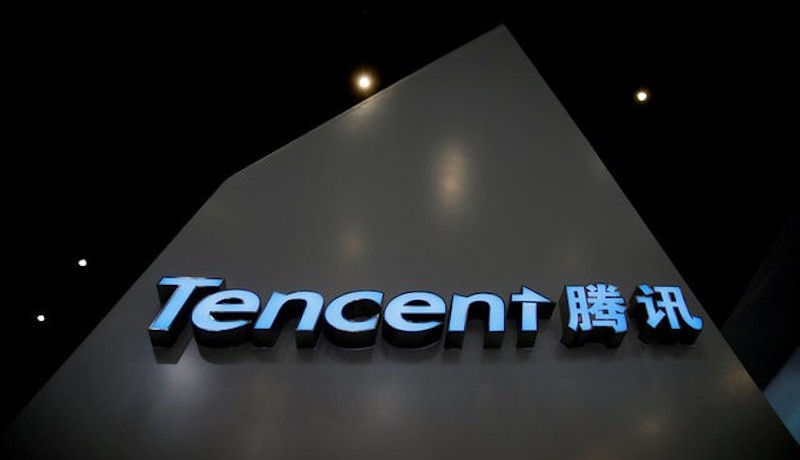The cyber supervisory body of China has penalized numerous top technology firms of the country, including Weibo, Tencent Holdings, and Baidu, for failing to appropriately bowdlerize online content. The admonish comes as China is accelerating censorship and safety efforts prior to the 19th National Congress of the Communist Party, a most important leadership meeting scheduled once every 5 Years.
The Cyberspace Administration of China (CAC) posted notice mentioning that the companies would get the “utmost penalty” for falling short to take away pornography and fake news as well as content that “threatens social order” and “provokes ethic tension”.
For the first time, the tech firms are levied such maximum penalties by the CAC within the new law implemented in June, as it attempts to tighten its hold on the Internet. CAC said, “The Internet doesn’t function outside of the regulation… the CAC will acutely put into practice the new cybersecurity rules and other laws to boost territorial administration and enforcement efforts concerning the Internet.”

The exact sum of penalties was not mentioned in the notices; however, as per the rules stated in the notice, the person-in-charge of the firms and others involved directly may face an utmost fine of $15,110 (100,000 Yuan) each. The rule also specifies that the licenses of the offending platforms can be canceled and their services suspended for falling short to conform.
The consequences are the outcome of an investigation done by the CAC in the previous month and targeted the most well-liked social media services of the country, including WeChat of Tencent and microblogging service of Weibo, whose registered users together go beyond 1 Billion.
Also, new rules were introduced by the cyber watchdog earlier this month that necessitates messaging apps to generate credit scores that can be lowered to restrict and punish users who post hateful material. The laws, which will be implemented since October 8, also make the users lawfully accountable for content considered illegitimate. The CAC, in its latest notice, stated that illegitimate content consists of articles that “twirl the history of the Chinese Communist Party,” “show off excessive wealth,” and “misapprehend government policy.”###